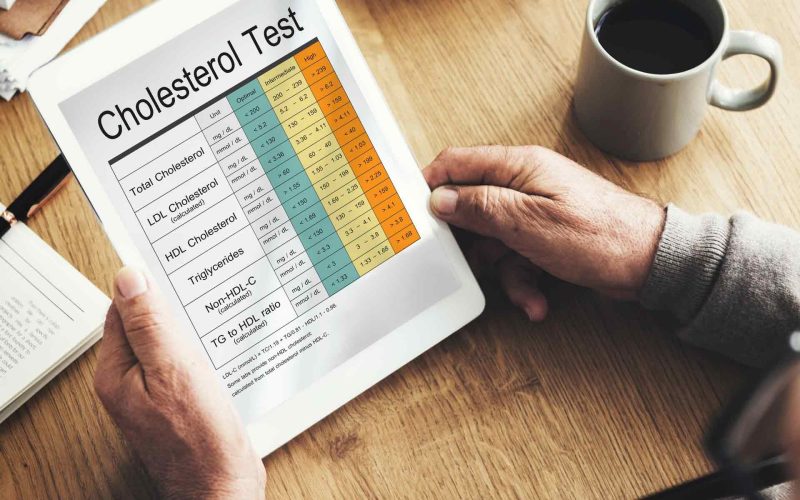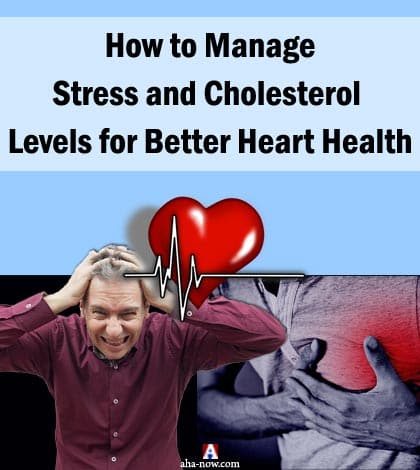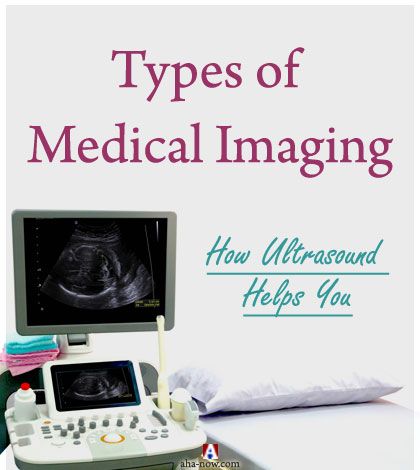How to Manage Stress and Cholesterol Levels for Better Heart Health

Table of Contents
A healthy heart is imperative for better health. The heart requires a clear and constant blood supply to work efficiently. Both high stress levels and high cholesterol levels are detrimental as they restrict the blood supply to the heart. Moreover, there is a link between stress and cholesterol. Know more about this and how to manage their levels to keep your heart active and healthy. ~ Ed.

Stress and high cholesterol are two common health issues that often occur together. Research shows that there is a correlation between stress and cholesterol levels – stress can contribute to high cholesterol which can in turn cause stress. By understanding their connection and taking steps to manage both stress and cholesterol, you can improve your overall health and well-being.
The Impact of Stress on Cholesterol
Stress triggers our bodies to produce hormones like cortisol and adrenaline. These hormones trigger a “fight or flight” response, increasing blood pressure, heart rate, and blood sugar levels. Cortisol also signals the liver to produce more cholesterol. This reaction helped our ancestors survive immediate physical threats, but modern stress is often psychological and prolonged. Chronic stress keeps cholesterol production high, causing unhealthy LDL or “bad” cholesterol levels to rise.
High cholesterol doesn’t always cause noticeable symptoms. But over time, it can lead to a buildup of plaque in the arteries. This narrows the interior walls, restricting blood flow to the heart and brain. It increases the risk of heart attack, stroke, and other cardiovascular issues. Studies show that people with high stress often have elevated LDL cholesterol and triglyceride levels. Managing stress is key to maintaining healthy cholesterol levels and improving heart health.
The Effects of High Cholesterol on Mental Health
Just as stress negatively impacts cholesterol, high cholesterol can also trigger stress in a vicious cycle. High cholesterol is damaging to blood vessels everywhere, including those in the brain. Plaque buildup in cerebral arteries limits oxygen supply, which can impair cognitive skills. It also reduces the production of serotonin, an important neurotransmitter that regulates mood.
This disruption to blood flow and brain function can cause varied neuropsychiatric symptoms. People with high LDL cholesterol often report increased anxiety, irritability, and feelings of depression. There is also an increased long-term risk of dementia. For those already dealing with mental health issues, high cholesterol presents another challenge while exacerbating existing symptoms. Knowledge of how lifestyle habits affect both the mind and body empowers people to take control of their health.
8 Lifestyle Changes to Manage Stress and Cholesterol
The good news is that many of the same healthy lifestyle changes can target both high cholesterol and high stress levels. Here are some practical, evidence-based ways to reduce stress while improving cholesterol profiles:
Get Active
Regular exercise is one of the most effective stress relievers while also lowering LDL and raising HDL cholesterol. Aim for 30-60 minutes per day of activity like brisk walking, swimming, cycling, or rowing. Yoga and Pilates can also relax the mind and strengthen the heart.
Eat a Healthy Diet
Limit saturated fat, trans fats, and cholesterol by eating more vegetables, fruits, whole grains, legumes, fish, and lean protein. Be sure to get ample fiber, omega-3 fatty acids, antioxidants, and probiotics. Avoid excess sugar and salt. Limit alcohol, which stresses the liver and raises triglycerides.
Lose Excess Weight
Carrying excess body fat, especially around the abdomen, puts more stress on the heart and promotes inflammation. Losing even 5-10% of your body weight can significantly lower cholesterol while boosting mood.
Related Posts
Quit Smoking
Smoking damages blood vessels while increasing the risk of lung disease, cancer, and heart attack. Kicking the habit reduces stress and improves cholesterol.
Get Adequate Sleep
Lack of sleep is linked to higher cholesterol as well as increased cortisol production. Strive for 7-9 hours per night, going to bed and waking at consistent times to regulate your circadian rhythm.
Practice Relaxation Techniques
Meditation, deep breathing, Tai Chi, and yoga have proven benefits for psychological stress. They activate the parasympathetic nervous system to initiate a relaxation response, lowering blood pressure and cholesterol.
Manage Medications
If lifestyle changes aren’t enough, cholesterol and blood pressure medications may be needed. Anti-anxiety or antidepressant drugs can also help in some cases, but their effects should be monitored. Be sure to take any prescribed drugs regularly to reduce strain on the cardiovascular system.
Get Screened and See Your Doctor
Have your cholesterol levels tested regularly and get screened for heart disease risk. If the numbers are very high, your doctor may recommend more aggressive treatment. Discuss any mental health concerns as well so underlying causes can be addressed.
By relieving stress and keeping cholesterol levels in check, you can break the unhealthy cycle between mind and body. Caring for both is essential for improving heart health and enjoying a better quality of life.
The Role of the Liver in Cholesterol Metabolism
When we talk about cholesterol and liver health, it is important to know that the liver plays a central role in regulating cholesterol levels and metabolism. It removes cholesterol from the bloodstream and excretes it into bile. The liver also synthesizes cholesterol for the production of cell membranes and hormones. When we consume foods high in cholesterol and saturated fats, the liver churns out more LDL particles, which elevate cholesterol further.
This extra burden on the liver also creates oxidative stress, compounding the negative effects. Supporting liver function through a healthy lifestyle is therefore important for maintaining normal cholesterol range and reducing cardiovascular risks.
Conclusion
Stress and high cholesterol often coincide, fueling each other in a destructive loop. By eating well, exercising, getting enough sleep, managing medications as needed, and implementing stress-reduction techniques, you can target both issues simultaneously. Caring for your mind and body together through a holistic approach helps relieve pressure on the heart while also enhancing mental health and wellbeing.
Addressing stress and cholesterol through positive lifestyle changes leads to improved physical and emotional health over the long term.
Over to you
How do you manage your heart health? What are your tips to keep the stress and cholesterol levels under control? Share them in the comments below.
Image credit: Freepik
Disclaimer: We're not offering any medical advice here. These ideas are for educational and entertainment purposes only. Always seek a professional medical opinion from a physician of your choosing before making any medical decision. The information provided here is not intended to be a substitute to the advice given by your physician or another healthcare professional.
Disclaimer: Though the views expressed are of the author’s own, this article has been checked for its authenticity of information and resource links provided for a better and deeper understanding of the subject matter. However, you're suggested to make your diligent research and consult subject experts to decide what is best for you. If you spot any factual errors, spelling, or grammatical mistakes in the article, please report at [email protected]. Thanks.












